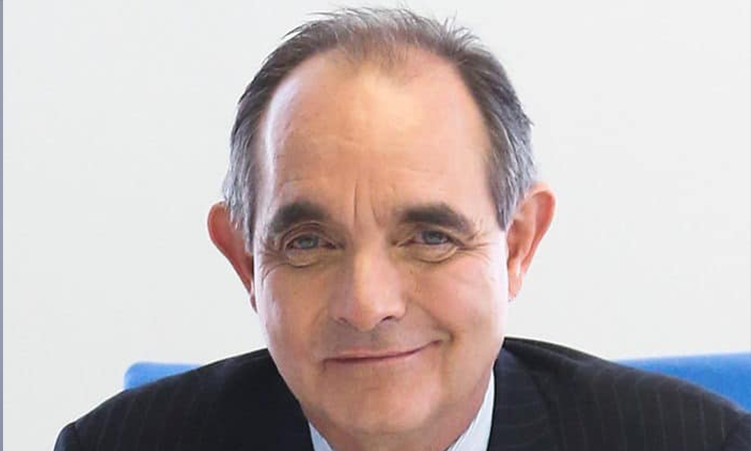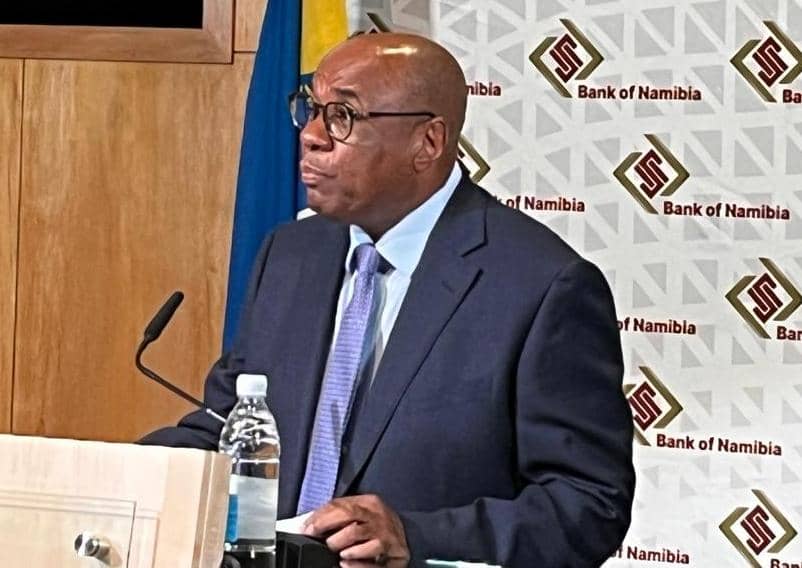MBAs are among the priciest postgraduate degrees in South Africa, and even Namibia, setting students back at least N$300 000.
However, experts believe pursuing an MBA is a long-term investment in one’s personal and professional development.
Is pursuing a master of business administration (MBA) degree worth it?
It is a question that has been asked for many years and continues to have relevance, considering the business environment is always changing, requiring leaders who can respond and adapt to it.
Because of this, Mteto Nyati, an accomplished business leader and the chairman of the technology consulting firm Business Systems Group, believes an MBA is worth it.
“We are living in a world that is changing all the time. One needs to find a way of managing this change and responding to it.
You need to be able to look through particular lenses to make sense of this world. Any development programme that helps us to better understand the world is worth it,” Nyati said during a Daily Maverick webinar about the relevance of an MBA.
Nyati’s views were shared by Jon Foster-Pedley, the dean and director of Henley Business School in Africa, who added that an MBA can develop leaders able to plan for, navigate and respond effectively to grand challenges.
After all, leaders have to make decisions in an environment complicated by rapid technological developments and heightened political and economic uncertainty.
“A good MBA will put more than just letters next to your name. It will mould the way you think. It will make you think about other people’s opinions more and understand complex problems on your own.
“It will help you get past your imposter syndrome, and allow your mind and confidence to grow,” said Foster-Pedley.
Traditionally, an MBA degree focused on areas of business such as project management, leadership, strategy and supply chain management.
But the MBA has changed over the years to keep up with new ways of doing business, such as leaders being required to serve all affected parties (not just shareholders), moving from a high- to a low-carbon economy, responding to health emergencies (such as pandemics), and embracing environmental, social, and governance (ESG) principles.
“If you are going to be a leader, you often deal with increasing complexity as you move up in life. A great MBA will help you get through that.
You cannot do that without developing yourself and understanding people,” Foster-Pedley said.
He urged people who want to pursue an MBA to choose a business school that prioritises their interests and ambitions.
“A really good school will go deeper into who you are, understand you, and your leadership ambitions. It will go deeper into getting you to think critically and develop your mind. A good MBA also builds confidence within you.”
Getting an MBA was considered a relatively safe bet – one that is likely to yield a big bump in a salary or fast-track one’s career.
Nyati said this would be the wrong motivation for wanting to pursue an MBA, as acquiring knowledge and personal development that can be applied to a person’s workplace or career should be the first prize.
“Do not do an MBA because you want a higher salary, an executive position, or [to] acquire knowledge. Whatever you learn at a business school, you have to apply practically.
“Someone once said wisdom is knowledge applied. You may acquire all of the knowledge but if you don’t apply it to the environment and spaces you are in – then it is useless knowledge you have,” Nyati said.
MBAs are among the priciest postgraduate degrees in South Africa, costing at least N$300 000 spread over three years (this excludes the cost of a compulsory international trip for learning).
This might deter people from pursuing an MBA.
“Don’t shop for an MBA according to price.
Don’t go for a cheaper one. You have to invest in yourself. You need to understand the value you are getting.
“It is a long-term investment in your personal development,” Foster-Pedley said.
– Business Maverick
Stay informed with The Namibian – your source for credible journalism. Get in-depth reporting and opinions for
only N$85 a month. Invest in journalism, invest in democracy –
Subscribe Now!










